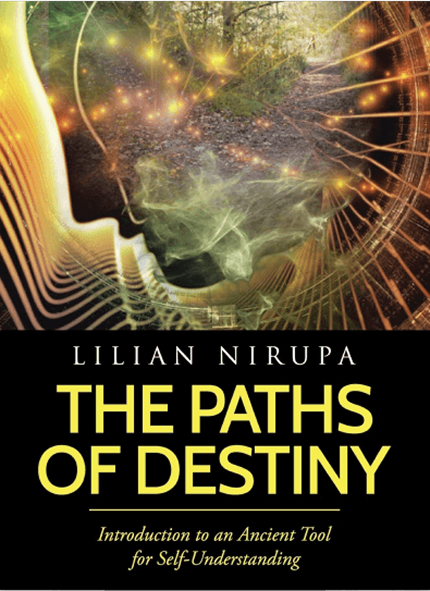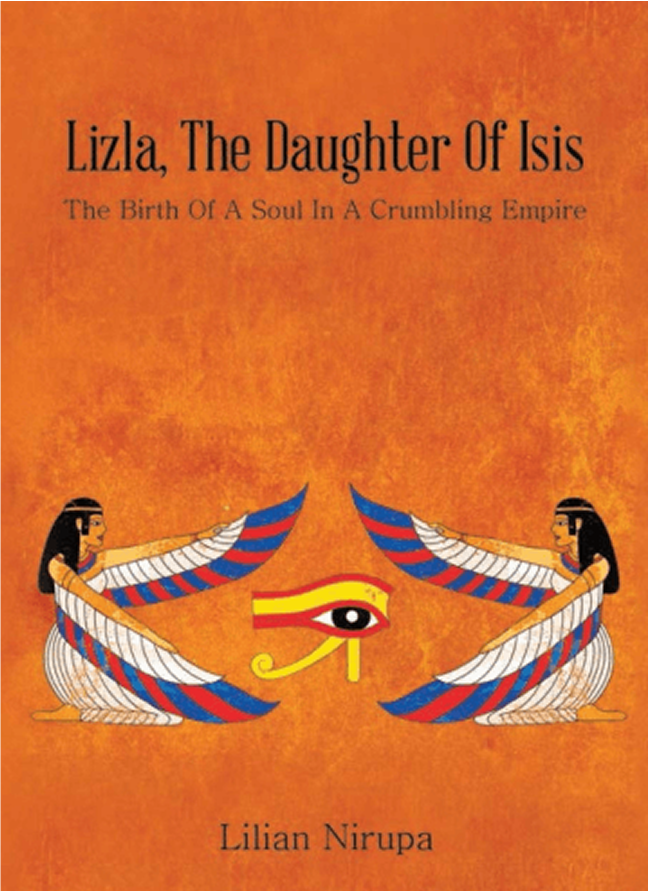What readers says

☆☆☆☆☆
“The Jyotishian, or expert in understanding the signs, following specific instructions of the sages stored in many thousands of rules, will use them to depict an interpretation of the person’s whole life by creating a Jyotish reading.”
Astrology—the belief that planets and other heavenly bodies can influence our lives—is considered by some to be a science which, properly understood and utilized, can provide practical guidance. Author Lilian Nirupa, practitioner of the Vedic astrological system called Jyotish (“light of God”), is a Christian who here expresses her conviction that Jyotish, while grounded in Eastern (Hindu) religion, can also benefit those who follow other spiritual paths. Her book is a basic explication of the Jyotish system, suitable for someone new to both astrology and Vedic teachings. She provides astrological charts and other diagrams to illustrate the many “thousands of rules” mentioned above. What makes her book stand out is her use of the Jyotish charts of famous people to demonstrate the principles of the system. The people whose charts she presents for analysis include Albert Einstein, Adolf Hitler, Barbra Streisand, Abraham Lincoln and Mahatma Gandhi. Consideration of the very different destinies of each of these well-known figures affords a glimpse of the subtleties of Jyotish, its arcane terminology. and at times its remarkable accuracy.
Nirupa became fascinated by Jyotish after meeting a recognized specialist, Chakrapani, astrologer to noted spiritual master Muktananda. Chakrapani made startling predictions about Nirupa’s life that came true just as he had foretold. Her book offers an engaging appreciation of ancient Eastern techniques for self-help and life planning while stressing the kinship of all religions. Though the charts of famous people reproduced for illustration are rather difficult to decipher, their stories as conveyed by the author offer a vibrant channel to understanding the broad principles of Jyotish. Nirupa’s unique, accepting view of the time-honored traditions of Jyotish could set new travelers on a mystical path to re-order their lives and chart their destiny.
☆☆☆☆☆
A passionate introduction to the practice of Jyotish, an ancient form of astrology rooted in Hinduism that fosters self-exploration while offering guidance and predictions. The ancient tradition of Jyotish, which means “Light of God,” is also called Vedic astrology, and it uses the teachings of Hindu philosophy to try to help people answer life’s nagging questions about identity, purpose, and the divine. Nirupa (Lizla, The Daughter of Isis, 2014, etc.), who says that she was personally affected by a Jyotish reading, introduces the Eastern practice to those for whom it may not be as familiar as its sister traditions of meditation and yoga. She also illustrates the differences between it and modern astrology, which shares similar signs. The book breaks down Jyotish’s zodiac and its various houses, star signs, and more, focusing on the importance of planetary paths and placemen, and how readings of Vedic charts may be used to interpret their numerous intersections. The final results, she says, provide a breakdown of one’s emotional and intellectual behavior. A skilled reader, called a Jyotishian, can use this to decipher the future, she says. The author also explores modern uses for this area of study, noting its scientific credentials in some parts of the East and its use in matchmaking for arranged marriages. The book charts numerous “outstanding examples” to illustrate what she sees as the predictive capability of Jyotish methodology, matching the accomplishments and personalities of actors, world leaders, and historical figures to their readings. Skeptics, however, will see this as interpretive hindsight. During these analyses, the author also explores Vedic terms and history while introducing elements of Hindu philosophy and Jyotish study. It’s a roundabout but effective teaching process, although the author actively discourages readers from attempting to divine things from their own charts. The book highlights parallels between Hinduism and Christianity, effectively showing that one may believe or explore Jyotish without it overwriting other belief systems. Although the book first presents Vedic astrology as a prognosticative tool, it primarily advocates its use for developing an understanding of oneself, so even doubters might find it engaging and useful.An intensive primer to a complex aspect of a sophisticated philosophy.
Wendy Strain

